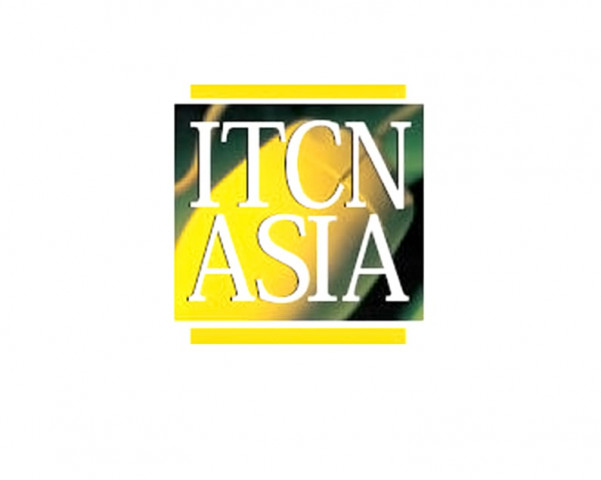Experts urge exploiting arid lands for agriculture
Highlight untapped potential at international AgriTech conference

Business leaders and experts have called for leveraging over 50% of Pakistan's untapped and arid lands for agriculture to elevate the country's exports. Speaking at the International Conference on AgriTech Trade and Investment during the second day of the three-day 25th ITCN Asia 2024 at Karachi's Export Centre, they emphasised the vast potential of Pakistan's agricultural sector.
The event, organised by Ecommerce Gateway Pakistan Pvt Ltd, attracted significant attention from industry leaders. Mohammad Atif Hanif, CEO of Al-Barka Bank Pakistan Limited, underscored the immense opportunity for Pakistan's agriculture sector. He explained that the country is currently feeding 250 million people and exporting $8 million worth of agricultural products. However, the potential remains far greater.
"With a 50% yield per acre across almost every crop, Pakistan can significantly increase its agricultural output. Every 10% growth in yield could enable us to feed another nation, demonstrating our immense export potential," Hanif remarked.
He also highlighted the challenges of financial inclusion in rural areas, noting that 100 million adults in Pakistan lack bank accounts, with 75% of them engaged in agriculture. Out of this vast unbanked population, only 2.5 million are borrowing customers in the agriculture sector.
Hanif pointed to success stories from other countries, such as Ecuador, where corporate investment in shrimp farming transformed the nation into the world's largest shrimp exporter within a decade. Similarly, some Pakistani textile companies have begun investing in shrimp farming, capitalising on the country's 1,000 km coastline. These efforts are expected to yield significant results in the near future, as Pakistan embarks on corporate farming initiatives.
Additionally, Hanif discussed the Halal food industry, which has reached a global market size of $1 trillion. Pakistan's Halal food sector has already exceeded $500 million in exports, offering a lucrative opportunity for the banking, agriculture, and corporate sectors. He also identified the olive sector as a promising area for development. Spain currently produces 40% of the world's olives, but Pakistan has the potential to produce 1.5 times more than Spain in its underutilised arid lands.
Zubair Motiwala, CEO of the Trade Development Authority of Pakistan (TDAP) and Chairman of the Businessmen Group (BMG), outlined his vision for increasing the country's exports. He noted that Pakistan's core export sector, textiles, accounts for 70% of the nation's exports. However, he pointed out that other challenges, such as high utility costs and rising interest rates, continue to hinder business growth.
Motiwala stressed the importance of value-added agricultural products in boosting exports. "We have 54 million hectares of cultivable land, yet we are utilising less than 50% of it. We must expand both vertically and horizontally," he said. The BMG chairman stressed the need for mechanised farming, improved seed development, and better communication from farms to markets. He highlighted the potential for fine packaging of crops like maize and rice, which could significantly increase their export value.
Motiwala also noted that value-added agricultural products could fetch prices up to seven times higher than raw commodities, while also generating employment in the sector.
Senior Vice President of the Federation of Pakistan Chamber of Commerce and Industry (FPCCI), Saquib Fayyaz Magoon, shared optimistic figures showing that agriculture technology had driven 6.25% growth in the sector in 2023-2024, with crop growth at 11.03%. He stressed that these figures mark just the beginning of Pakistan's agricultural future.



















COMMENTS
Comments are moderated and generally will be posted if they are on-topic and not abusive.
For more information, please see our Comments FAQ